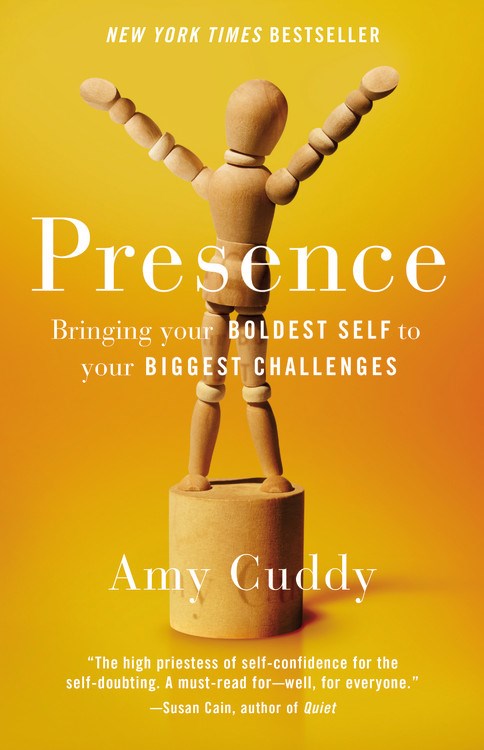Jack Covert Selects - The Coming Prosperity

With so much of the conversation in America today about the decline, decay, and descent of our power, the rise of others', and the coming competition that that dynamic will create, Philip Auerswald's new book, The Coming Prosperity, reminds us that life on Earth is not a zero-sum game.
The first part of the book tackles the larger picture, the "macro-story line of the coming prosperity." The author details a vision of the future in which an insurgency of entrepreneurs challenge scarcity and create prosperity all over the world
[T]he vast majority of alleged threats to humanity are, in fact, dwarfed by the magnitude of opportunities that exist in the twenty-first century. Furthermore, if anything is more nave than an unquestioning belief in the transformative power of entrepreneurs, it is an unquestioning belief in the power of national governments, international organizations, and multinational corporations to address complex twenty-first-century challenges.Auerswald doesn't sugarcoat the problems we face as a nation or a planet—pandemics, climate change and water scarcity among them. In fact, he describes them in more detail and color than many of the doom-and-gloom books that are solely devoted to them. But he shows us a way forward, a way for each of us to contribute and get involved, a way "to think of the three billion people who will join the global economy in the next quarter century as partners rather than competitors, as sources rather than sinks."
In the second section of the book, the human-scale part of the narrative, Auerswald brilliantly charts the economic subtext of the twentieth century, "the rise and partial fall of large scale, centralized production" that got us to where we are today, and explores the prospects for an ever-brighter future. You will meet individuals like Karim Khoja, who brought cell phone service to Afghanistan, and get unexpected management advice from folks like C.P. McCormick, who saved a spice company from oblivion at the height of the Great Depression by increasing wages across the board and cutting working hours from fifty-six to forty-five per week. You will see the genesis of people moving through economies being built, big ideas becoming simple reality, the sweeping arc of history in his writing.
One of the finest insights in the book comes from Auerswald's young daughter. Reacting to his frustration over rush-hour traffic, she piped up from the backseat: "There's no reason to get angry about the traffic, Daddy, because we're part of the traffic."
